
Supporting young adults’ mental health through life’s transitions
What are some struggles young adults face? Young adults, meaning people between 18 and their mid-20s, face unique challenges. They’re transitioning out of high school
Contact Us • Careers • Refer a Patient • Donate • Blog

What are some struggles young adults face? Young adults, meaning people between 18 and their mid-20s, face unique challenges. They’re transitioning out of high school

Why can managing our emotions be challenging? The first step to managing our emotions is identifying what we’re feeling, and that can be difficult. Physical
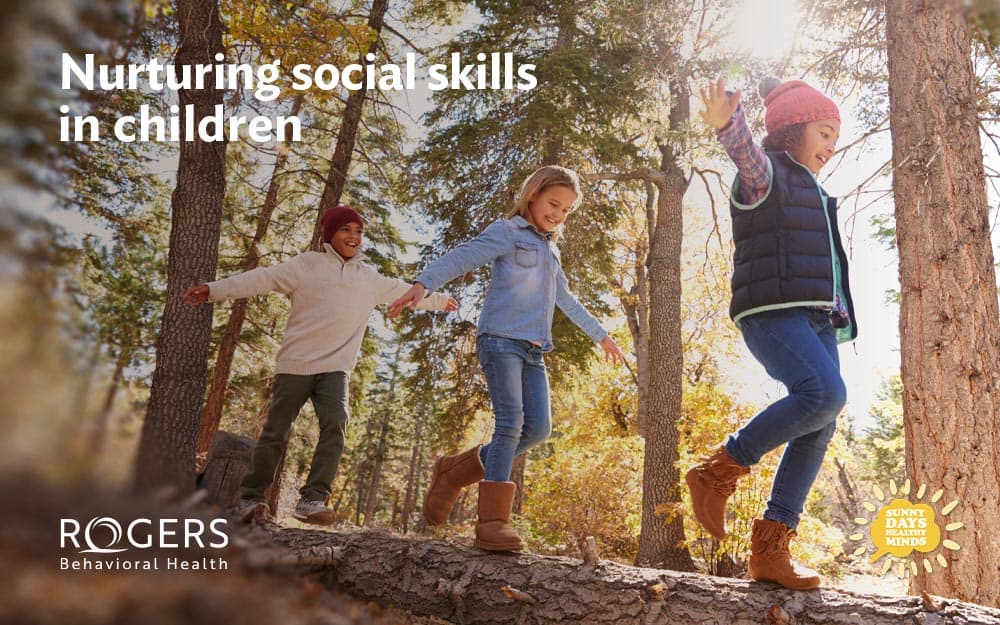
Socialization is the process of interacting with others around us, and that interaction can be positive, negative, or neutral. A lot of learning happens when
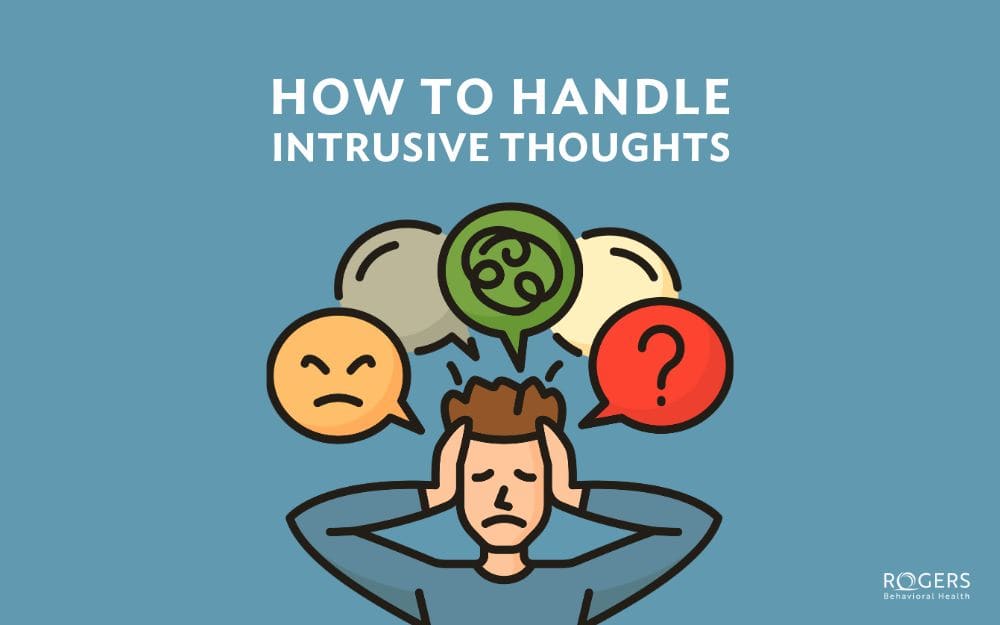
What are intrusive thoughts? Intrusive thoughts are unwelcome ideas or images that come into our minds. The key is we don’t want them, and we

The teenage years can be challenging, filled with physical and emotional changes that can feel overwhelming. Those who struggle with emotional dysregulation lack the skills
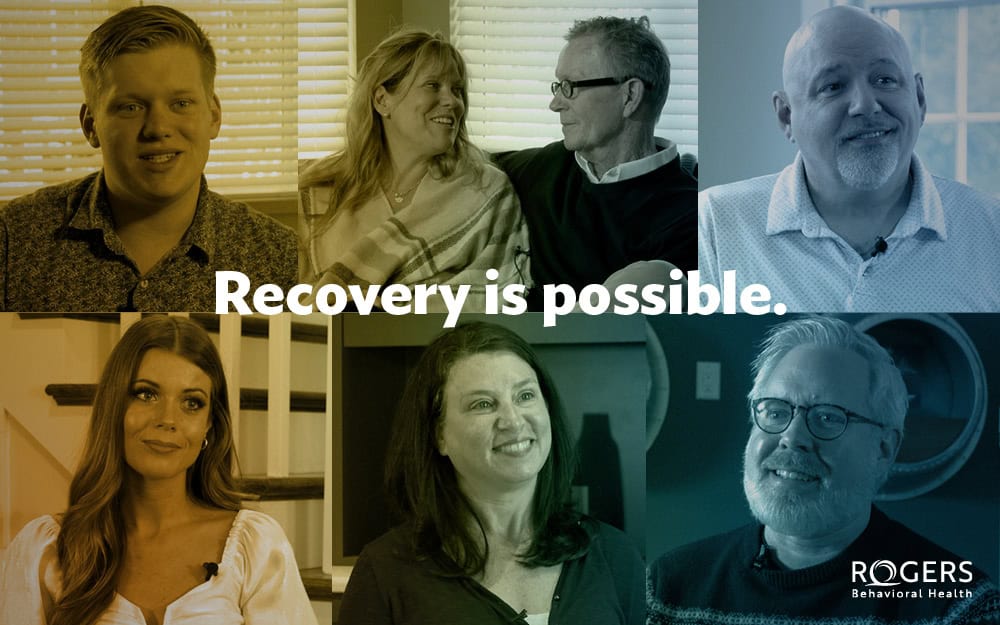
Recovery from mental health challenges is not a straight line. There can be many ups and downs, with each person navigating their path of healing

Summer is a much-anticipated season for families—longer days, new adventures, and more time together. But for parents, summer also brings unique challenges, such as disrupted
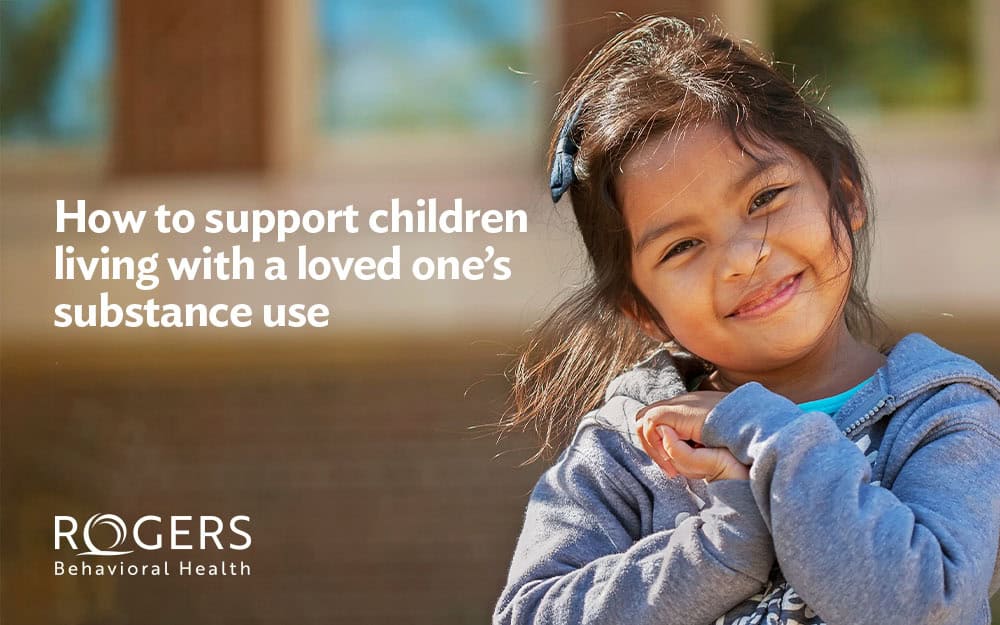
Substance use doesn’t just affect the individual—it impacts the entire family. Families play a crucial role in supporting the process of change. Children affected by

Picture this: It’s a typical and chaotic weekday evening. Kids are hunched over their homework while worrying about their relationships at school. Parents and caregivers
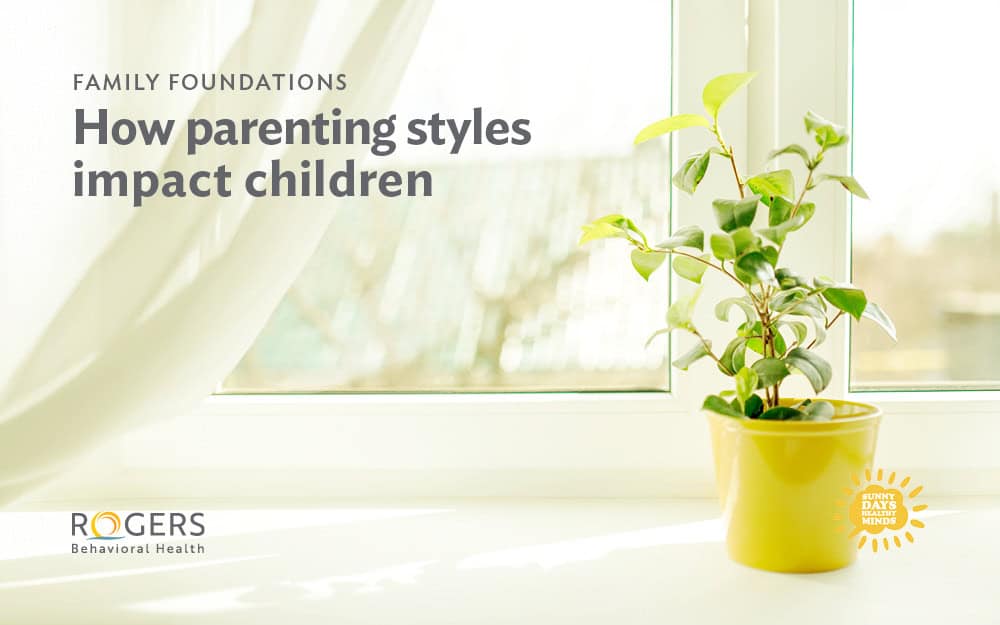
Parenting is one of life’s greatest privileges and responsibilities. Have you ever wondered how your parenting style is contributing to your child’s development and future